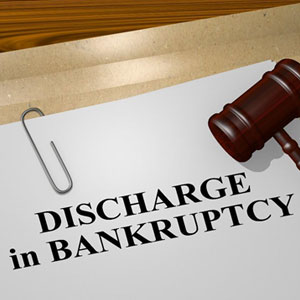 In this article, you can discover:
In this article, you can discover:
- The purpose of a bankruptcy discharge and its benefits,
- Common reasons creditors may object to a discharge, and
- The role of Chapter 7 trustees and the United States Trustee’s Office in discharge objections.
What Is A Discharge In Bankruptcy?
A discharge in bankruptcy is an injunction or a restraining order that prevents creditors from collecting or contacting the debtor regarding the debts owed. It essentially wipes the slate clean for the debtor and cancels their obligation to pay back their creditors, providing a fresh start.
Why Do Creditors Object To Discharge?
Creditors may object to a discharge when they believe the debtor committed fraud, made false statements, or misled them when applying for credit. Some examples include providing false information on credit applications or bankruptcy paperwork, making large credit card purchases shortly before filing for bankruptcy, or intentionally transferring or destroying assets.
What Roles Do Chapter 7 Trustees And The United States Trustee’s Office Play In Discharge Objections?
Chapter 7 trustees may fight a debtor’s discharge if they suspect the debtor committed fraud, such as hiding or transferring assets, or destroying property. The United States Trustee’s Office or other bankruptcy administrators may object to discharge if they audit a file and find significant inaccuracies or omissions that harm creditors.
For more information on Objections To Discharge In A Bankruptcy Case, an initial consultation is your next best step. Get the information and legal answers you seek by calling (847) 200-0401 today.

Bach Is Your Financial Future.
Contact Us Today! (847) 200-0401

